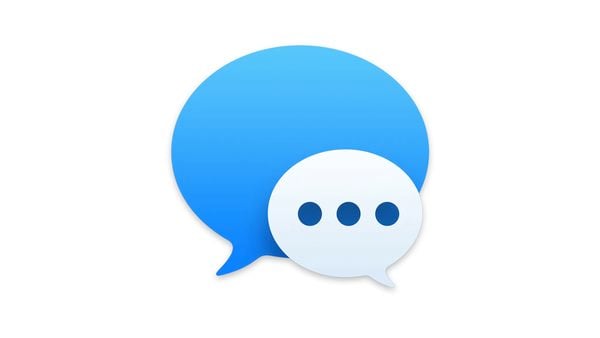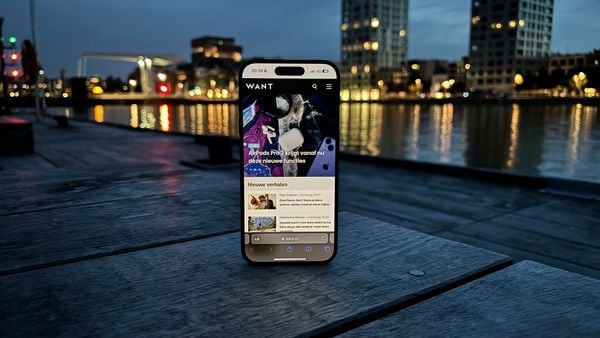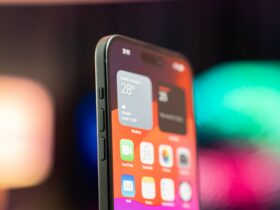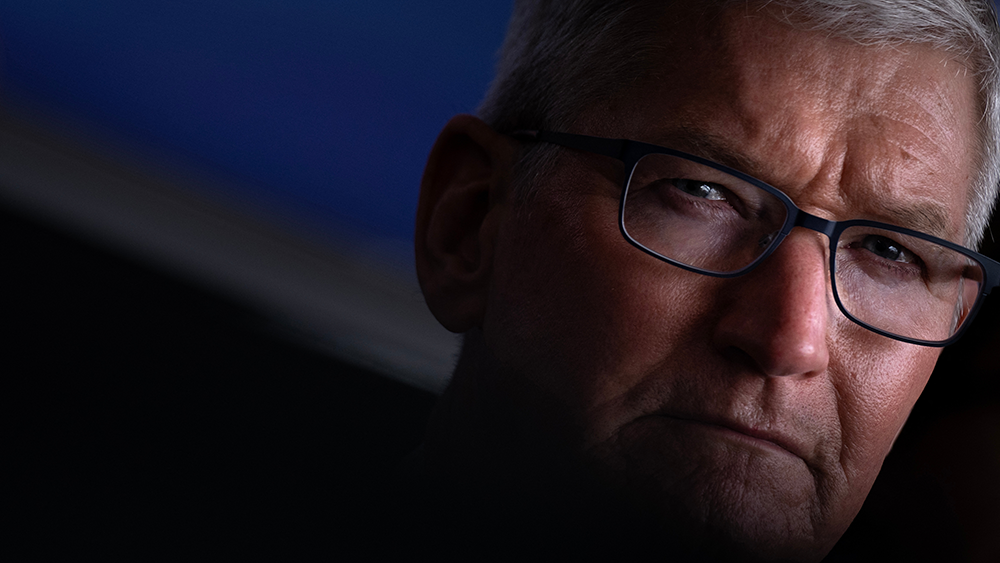The European Union has its sights fully set on Apple. After requiring it to apply USB-C to the iPhone, among others, the Digital Markets Act ensures that not only the App Store, but also iMessage could be in trouble.
European Union regulators are investigating iMessage. They are questioning whether Apple’s messaging service, as well as that of other companies, falls under the Digital Markets Act (DMA). This investigation could have major implications.
Apple vs. Google: the battle between blue and green
It may not be so noticeable in Europe, but the battle between blue and green is big, especially in the United States, where the iPhone is incredibly dominant.
Because of its popularity, iMessage is therefore much bigger in that country than here in the Netherlands, for example. Teenagers, adults and the very elderly send each other messages via Apple’s service.
That doesn’t sound wrong in itself, but it does ensure that a certain group of people (with an Android) is excluded. Staying in touch with people who use a different operating system poses serious problems.
Google wants to change that, while Apple likes to keep iMessage exclusive. And yes, that clashes.
 iMessage logo (Image: Apple)
iMessage logo (Image: Apple)
Digital Markets Act doesn’t apply to iMessage?
Not surprisingly, mostly Android users are pleased with the steps taken by the European Union.
It previously made USB-C mandatory for Apple’s devices and introduced the Digital Markets Act, better known in the Netherlands as the Digital Markets Regulation.
This European regulation is designed to ensure a higher level of competition in the market. For example, Apple must allow other download stores besides the App Store on the iPhone.
Logically, this should also mean that iMessage is open to messages from other platforms, but EU regulators are currently unsure on this matter.
 (Image: Jeroen Kraak/WANT)
(Image: Jeroen Kraak/WANT)
Will the EU target iMessage?
According to Reuters, some European regulators are now investigating the issue. They are looking at whether services such as Apple’s iMessage or Microsoft Bing fall under the DMA’s rules.
In the case of iMessage, they are also looking at the importance of the messaging service. How many users depend on it, what are the business expectations for the service and how does it fit within Apple’s business operations?
The investigation began in September, and the European Union hopes to reach a conclusion in January or February of next year.
If that conclusion turns out favorably for Android users, their frustration toward iMessage may come to an end. If it turns out otherwise, hopes for support seem very remote.



































